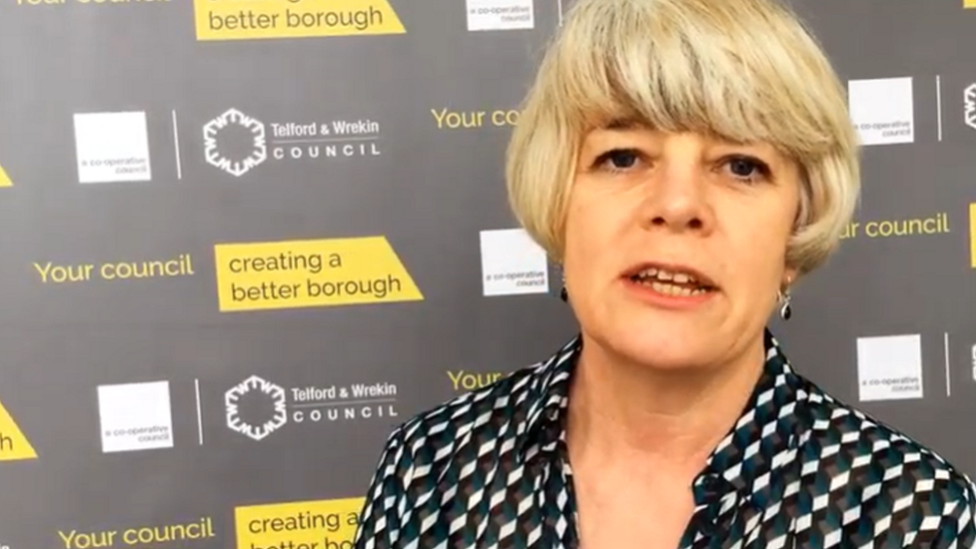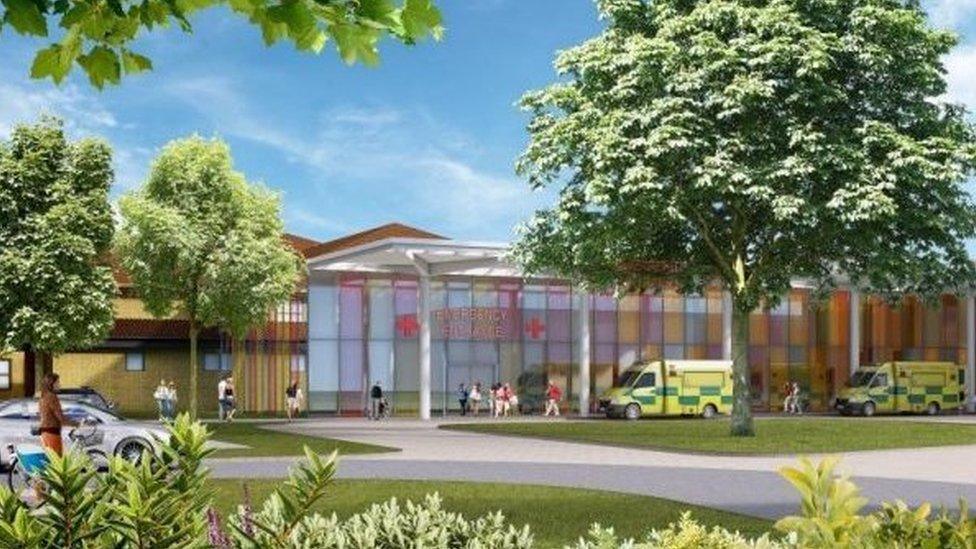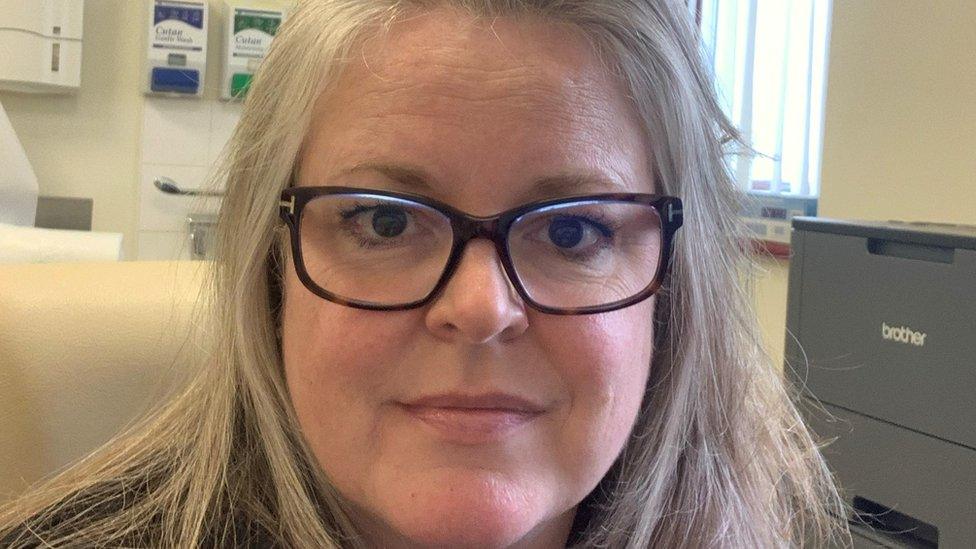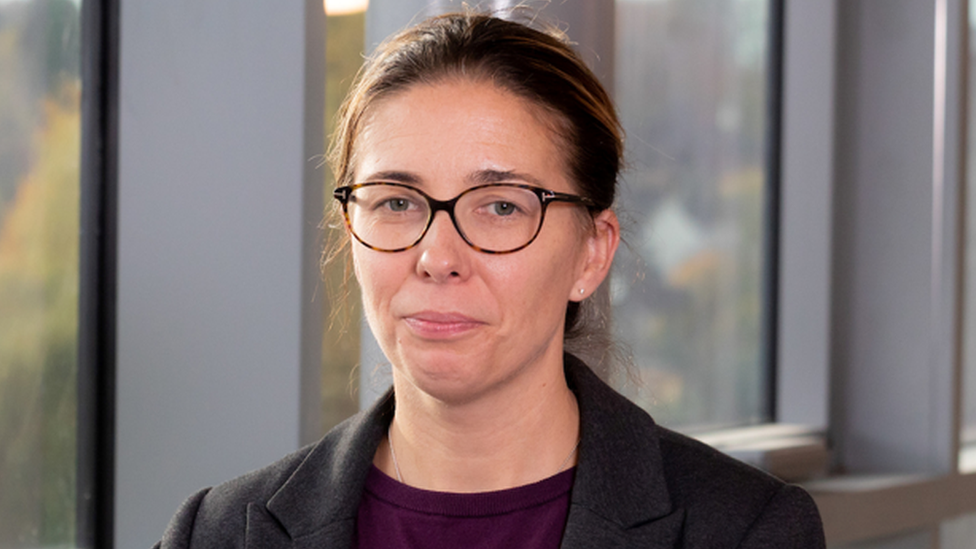'Unacceptable and unfair' Telford health inequalities highlighted
- Published

Telford's Director of Public Health, Liz Noakes, said health inequality would be a "key challenge in the future"
Health inequalities in a town have been described as "unacceptable and unfair" by its director of public health.
A report , externalhas revealed men and women living in lowest income areas of Telford live on average 7.3 and 4.1 years less, respectively, compared with the most affluent areas.
Liz Noakes, from Telford and Wrekin Council, fears the gap could worsen because of the rising cost of living.
She said the coronavirus pandemic could also have a lasting impact.
The local authority's Annual Public Health Report said there was a need for organisations to work more closely together and makes a number of recommendations to reduce inequality.
They include support for parents and school pupils in low-income areas, efforts to raise aspirations and opportunities for job-seekers, improvements to housing and help for vulnerable and older people.
Ms Noakes, who authored the report, said: "The gap existed before the coronavirus pandemic and may widen due to its long-term impacts and cost of living crisis."
Her 69-page document said older people were disproportionately affected by the pandemic, along with children and younger people.
It warned: "While the recovery has started, the economy has begun to improve and restrictions are largely lifted, the impact of Covid will continue to be felt for a long time to come."
Ms Noakes said addressing the inequality would be a "key challenge in the future when improving health and wellbeing".

Follow BBC West Midlands on Facebook, external, Twitter, external and Instagram, external. Send your story ideas to: newsonline.westmidlands@bbc.co.uk, external
Related topics
- Published15 June 2022

- Published9 June 2022

- Published27 April 2022

- Published10 February 2022
